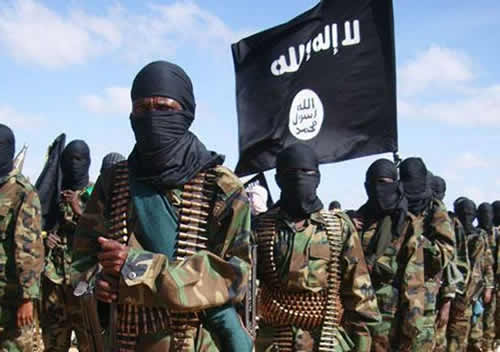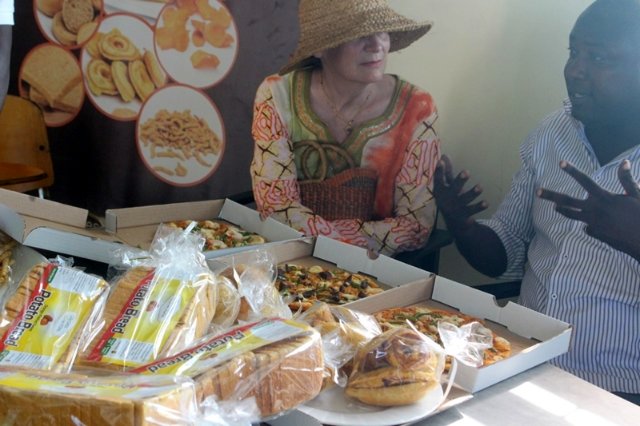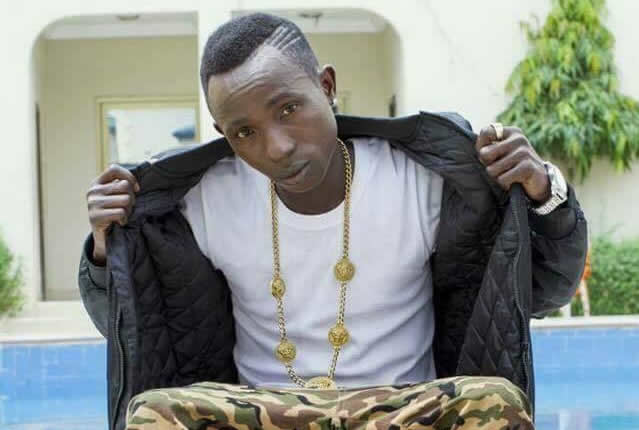More Than 4,000 Burkinabes Flee To Ghana Over Terrorist Attacks
- Home
- More Than 4,000 Burkinabes Flee To Ghana Over Terrorist Attacks

More Than 4,000 Burkinabes Flee To Ghana Over Terrorist Attacks
 More than 4,000 Burkinabes, and some Ghanaians, have fled to seek refuge in Ghana following attacks by suspected terrorists and militants in Burkina Faso.
More than 4,000 Burkinabes, and some Ghanaians, have fled to seek refuge in Ghana following attacks by suspected terrorists and militants in Burkina Faso.
The refugees, mostly women and children, have fled from trouble spots in Burkina Faso, namely: Bugri, Zouga and Asongo, to seek asylum in the Bawku West District in the Upper East Region.
They are currently living in communities such as Adasiga, Soogo, Agoogo, Kperigu and Kperigzousi in the Soogo Electoral Area, while others are residing in areas such as Natinga, Googo, Weari, Kanlesi and Fulbes in the Widnaba Electoral Area.
Some of them are living in some communities in the Akasooga Electoral Area too.
More than 1,000 of the refugees are living in the Soogo Electoral Area, 1,773 are currently living in the Widnaba area, while 1,325 are staying in the Akasooga Electoral Area.
The large number of refugees has put undue pressure on food and social amenities in the areas, a development which continues to be a source of worry for the local people and needs urgent attention from duty bearers.
The Assembly Member for the Soogo Electoral Area, Atampuri Osben Asaki, told the Daily Graphic in an interview yesterday that the situation in the area was serious and needed urgent attention.
Accommodation
Majority of the refugees are currently living with local community members, since the people on either side of the border are largely related by tribe.
Others who could not be accommodated in the homes of the local people are compelled to live in uncompleted buildings and makeshift structures, a development which has exposed them to the vagaries of the weather.
Sadly, some children, including newborn babies and their nursing mothers, sleep in the open, especially during the day, due to the unavailability of homes to accommodate them.
Relief support
Already, the Catholic Relief Services (CRS), through its grant support to the Navrongo-Bolgatanga Diocesan Development Office (NABOCADO) of the Catholic Church, has presented GH¢1.3 million worth of food and non-food items to the refugees.
Additionally, the Bawku Naba, Zugraan Asigri Abugrago Azoka II, has donated bags of rice, maize and second-hand clothing to the Burkinabe asylum seekers in the area to bring relief to them.
Serious situation
Mr Asaki said the local people were overburdened, since they had to share their meagre food and other facilities with the refugees, saying “due to the current situation, the families that the refugees are staying with have no option but to get extra food to feed them”.
“Already, the local people are impoverished and the invasion of the communities by the refugees has worsened their plight,” he said, stressing: “I wish to solicit support from the government and non-governmental organisations (NGOs).”
“The support will go a long way to meet some of the basic needs of the local people and the refugees, who are currently facing difficulty in feeding themselves in the wake of terrorist attacks,” he said.
The Assembly Member for the Widnaba Electoral Area, Elisha Abilla Afuugu, said the local people feared that some terrorists might be among the refugees to destabilise the peace of the area.
“Although there was fear and panic among the local people when their communities were invaded by the refugees, there is relative calm among the people, who continue to go about their daily social and economic activities,” he said.
He urged the local residents to be security conscious and be on the look out at all times to report suspected individuals and persons undertaking questionable activities to community leaders and security personnel for immediate action.
REGSEC meeting
Meanwhile, the Upper East Regional Security Council (REGSEC) has held a number of meetings to assess the security situation in border communities to strategise and implement measures to prevent terrorists from entering the country.
The security agencies, made up of the Ghana Police Service, the Ghana Immigration Service and the Ghana Armed Forces, have beefed up security in border communities to forestall any security breaches.
Recurrence
In June last year, more than 1,872 refugees, including Ghanaians, fled a troubled spot in Burkina Faso to seek refuge in Ghana due to terrorist attacks by militants against local militia.
The mostly children refugees had fled from Beriyale, a community in Burkina Faso, where a recent suspected Jihadist’s attack had led to the death of two residents, one of whom left behind three wives and 13 children.
Majority of the refugees were accommodated in six camps in the Binduri District where temporary structures for shelter had been provided by the district assembly.
The refugee camps were located in the Issakatingen, Bansi Bulungu, Bansi Central, Yarigungu, Yalugu and Kuloko communities.
About 700 of the refugees who had fled to Ghana due to the terrorist attack were camped at Gentinga in the Bawku municipality, while about 100 others are currently residing at Sapeliga in the Bawku West District.
Again, in 2019, 275 Burkinabes fled their country to the northern part of Ghana as refugees, following ongoing chieftaincy-related clashes in their community.
Those refugees settled at Widnaba in the Bawku West District.
Source: graphic.com.gh
- Share
Classic Ghana
Classic Ghana brings you into a fun world of arts, entertainment, fashion, beauty, photography, culture and all things in between. Let’s explore these together!







